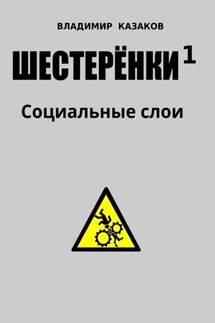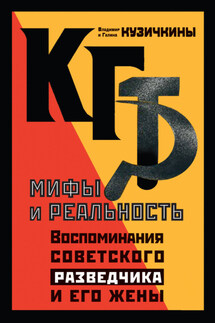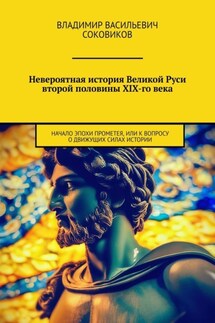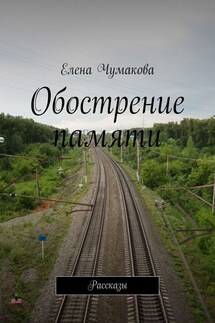Russia 2022 - страница 8
Compensation duties
The compensation duties are imposed by the government when the production of goods imported into Russia has been subsidized by a foreign state. The rate of compensation duty cannot be higher than an amount of the subsidy as related to one article of goods.
RUS-350
As a rule, an export from the Russian Federation does not require any permissions or licenses. In some cases, however, the government imposes restrictions (quotas) and/or licenses on the export of certain goods. Restrictions may normally be imposed on the export of oil, gas, certain natural resources, valuable sorts of timber, fish or sea products. Apart from these, the government may restrict exports for security reasons and in compliance with international obligations.
Generally, export duty is an ad valorem duty. However, goods exported from Russia to EAEU are not subject to export duties as EAEU Treaty effectively provides for single market for EAEU member states.
RUS-375
It is Russian policy to welcome foreign investments. Generally, as Russia is a WTO member state, the regime for foreign companies and the use of the received profit by them cannot be less favorable than the legal regime which is applied to Russian companies. The withdrawals limiting the rights of the foreign companies may be established by Federal laws in public interests (e.g. foreigners are prohibited from acquisition of land close to the border).
The Federal law “On foreign investments”, enforced from July 9, 1999 provides guarantees from any adverse changes to Russian legislation. In particular, new laws increasing tax burdens do not extend to Russian companies with foreign participation of 10 per cent or more of their capital or to any Russian company with foreign capital if such a company is engaged on a “priority project”; that is, one with a total amount of investments of at least RUR 1 billion (approximately €10,970,900) or where a foreign company purchases an equity interest of at least RUR 100 million (approximately €1,097,090). The exemption is granted during the project’s yield period, of no longer than seven years.
Russia also warmly welcomes investment in its several Special Economic Zones (SEZs) across the country. Those zones are differentiated by types of preferred economy sector for investments – be it tourism, logistics, industry or technology. Even warmer the welcome is for investors from BRICS member states.
RUS-400
Generally, the acquisition of a Russian company by a foreign entity is regulated by the same rules as those applicable to domestic acquisitions. There are, obviously, some restrictions to the access of foreign entities to areas of national interest, such as cryptography, national security, trading in certain products and technologies etc. At the same time Russian law as it stands at the moment assumes the necessity for state protection over domestic companies in certain areas such as exploration of natural resources, banking, insurance and some others.
The amount of participation (quotas) of foreign capital in the banking system is fixed. The quota is calculated as a ratio of the total capital belonging to non-residents in the registered capitals of credit organisations with foreign investments and the capital of branches of foreign banks to the aggregate registered capital of credit organisations registered on the territory of the Russian Federation. Upon reaching the quota the Bank of Russia suspends the issue of licenses for banking operations to banks with foreign investments and branches of foreign banks. Currently the quota is 50 per cent, a maximum level allowed by Russia’s WTO membership.



![Bo][ing Day истребить «колхозника»](/uploads/covers/fe/bo-ing-day-istrebit-kolhoznika.jpg)



